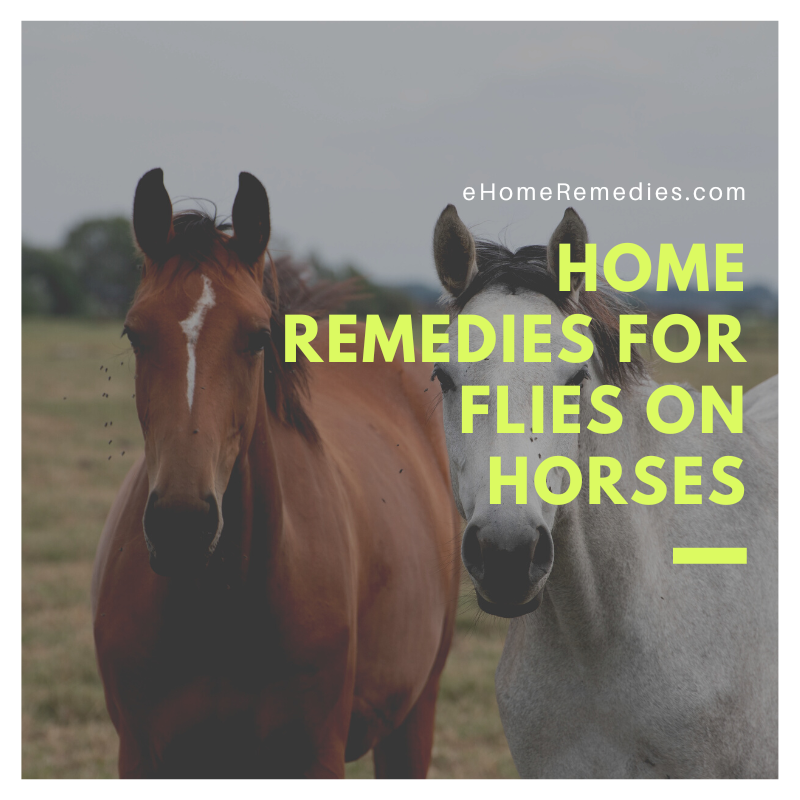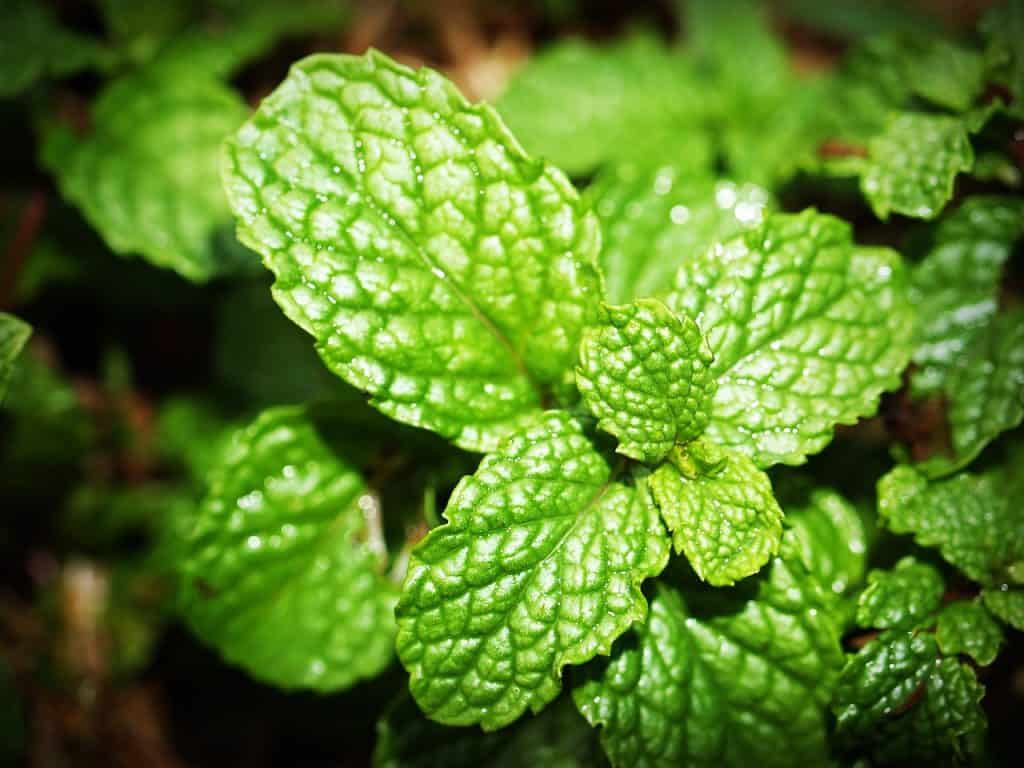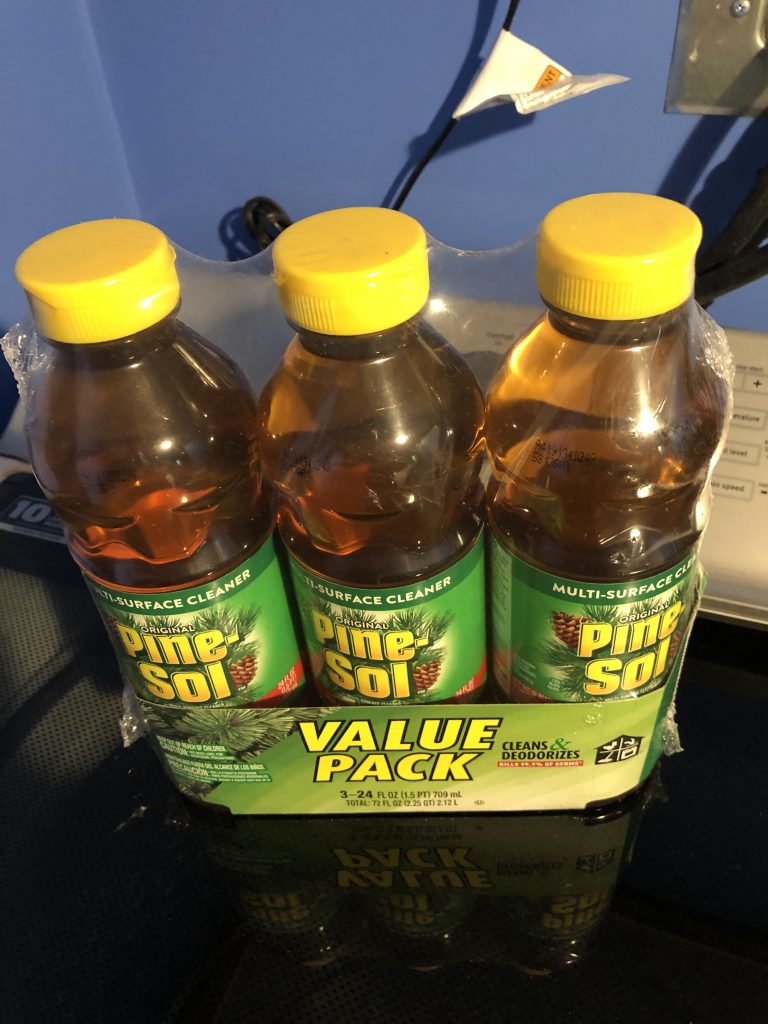Home remedies for flies on horses include applying essential oils such as Apple cider vinegar, Pine-Sol, or Peppermint oil. These essential oils have powerful anti-insect properties and are highly effective in controlling and repelling horse flies. Using one of these oils on your horse will help you keep them away for good. Listed below are a few of the best on how to keep flies off horses naturally. Try one of these remedies today and you’ll be glad you did!

Apple cider vinegar
Apple cider vinegar is a great natural insect repellent and can be applied to your horse to help prevent flies. However, it can also be used on humans as a household cleaner. A mixture of vinegar and dish soap is a good way to remove soap residue from bandages and saddle pads. You can apply the mixture on your horse several times a day to keep the flies away.

For effective fly repellent, mix apple cider vinegar with water in a 50/50 ratio. You can also feed your horse a spray made from apple cider vinegar and water. However, you need to be very careful when applying this solution to your horse. The mixture must be thoroughly mixed and shaken before use. A spray made with the mixture is highly effective and safe for both people and animals. Make sure to follow the directions on the container to avoid irritation.
Apple cider vinegar is an excellent horsefly repellent. You can dilute the solution to keep horseflies away. A quarter cup of vinegar mixed with a cup of water will effectively repel horseflies. To make the solution last longer, apply it frequently. The more you apply it, the more often you will need to reapply the solution. However, make sure to consult with a vet first to be sure that it’s safe for your horse.
Peppermint

While commercial fly repellents can be very effective, they’re also very harsh on the sensitive skin of a horse. One way to combat flies is to make your own fly repellent using fresh ingredients. Peppermint is an excellent natural fly repellent, which is both effective and safe to use on horses. Listed below are three different recipes that you can make at home. Use one to keep flies away and share it with others.
Essential oils like lavender and peppermint are effective fly repellents. They can be used on horses without harming other animals or people. Several equestrians have praised the effectiveness of peppermint fly spray. To make a peppermint fly spray, combine two drops of peppermint essential oil with eight ounces of water. After the mixture dries, spray the entire horse with the fly repellent.
Aside from its natural bug repellent properties, peppermint also attracts flies. It is very effective on ticks. Another effective solution is peppermint-infused horse water. A teaspoon of peppermint oil per liter of water will have a lasting effect. However, this solution is only effective when the bug population is moderate.
Pine-Sol
A common way to control fly infestations on your horse is by using a non-vinegar fly spray. Pine-Sol is an effective home remedy for fly control. It is a mix of Pine Oil and water. When mixed with water, it works almost as well as Neem and won’t harm your horse if it is pregnant. However, you must remember not to spray it in the horse’s eyes and ears.
To use Pine-Sol, mix it with 50 percent water in a spray bottle and mist the affected areas. Make sure to label the bottle so that people can avoid ingesting the spray. Also, use this solution to spray surfaces where flies are most likely to congregate. However, remember to use caution when using this home remedy, as it may irritate your horse’s skin.
Fly repellents, including pine-sol, eucalyptus oil, or eucalyptus, are also effective. The key to using essential oils is to dilute them with a carrier oil. Plain water adds nothing to the repellent’s effectiveness. Use a carrier oil and test the product on a small patch of skin to avoid any possible allergic reactions.



